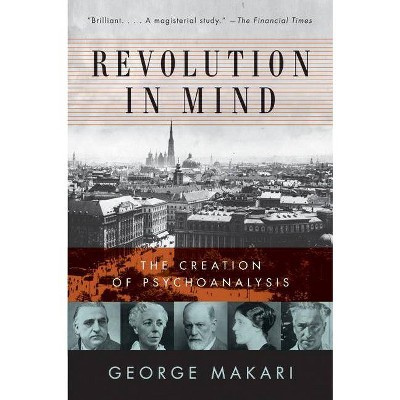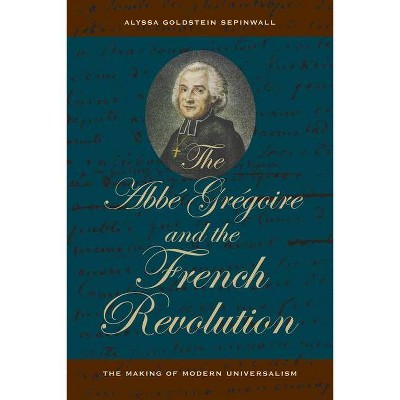Rethinking the French Revolution - by George C Comninel (Paperback)

Similar Products
Products of same category from the store
AllProduct info
<p/><br></br><p><b> Book Synopsis </b></p></br></br>Historians generally--and Marxists in particular--have presented the revolution of 1789 as a bourgeois revolution: one which marked the ascendance of the bourgeois as a class, the defeat of a feudal aristocracy, and the triumph of capitalism. Recent revisionist accounts, however, have raised convincing arguments against the idea of the bourgeois class revolution, and the model on which it is based. <p/>In this provocative study, George Comninel surveys existing interpretations of the French Revolution and the methodological issues these raise for historians. He argues that the weaknesses of Marxist scholarship originate in Marx's own method, which has led historians to fall back on abstract conceptions of the transition from feudalism to capitalism. Comninel reasserts the principles of historical materialism that found their mature expression in <i>Das Kapital</i>; and outlines an interpretation which concludes that, while the revolution unified the nation and centralized the French state, it did not create a capitalist society.<p/><br></br><p><b> Review Quotes </b></p></br></br><br>"Scholarly and enjoyable ... If you have any kind of mind, you will get sustained and exacting pleasure from the book."--Gwyn Williams, <i>New Statesman</i> <p/>"Very refreshing ... Comninel's book does offer new angles of vision to the student of the Revolution."--<i>Times Literary Supplement</i> <p/>"Excellent ... Comninel's explanation of Marx's historical materialism is bold and convincing."--<i>Village Voice</i><br><p/><br></br><p><b> About the Author </b></p></br></br><b>George Comninel </b>is Associate Professor of Political Science at York University, Toronto.
Price History
Price Archive shows prices from various stores, lets you see history and find the cheapest. There is no actual sale on the website. For all support, inquiry and suggestion messages communication@pricearchive.us




















